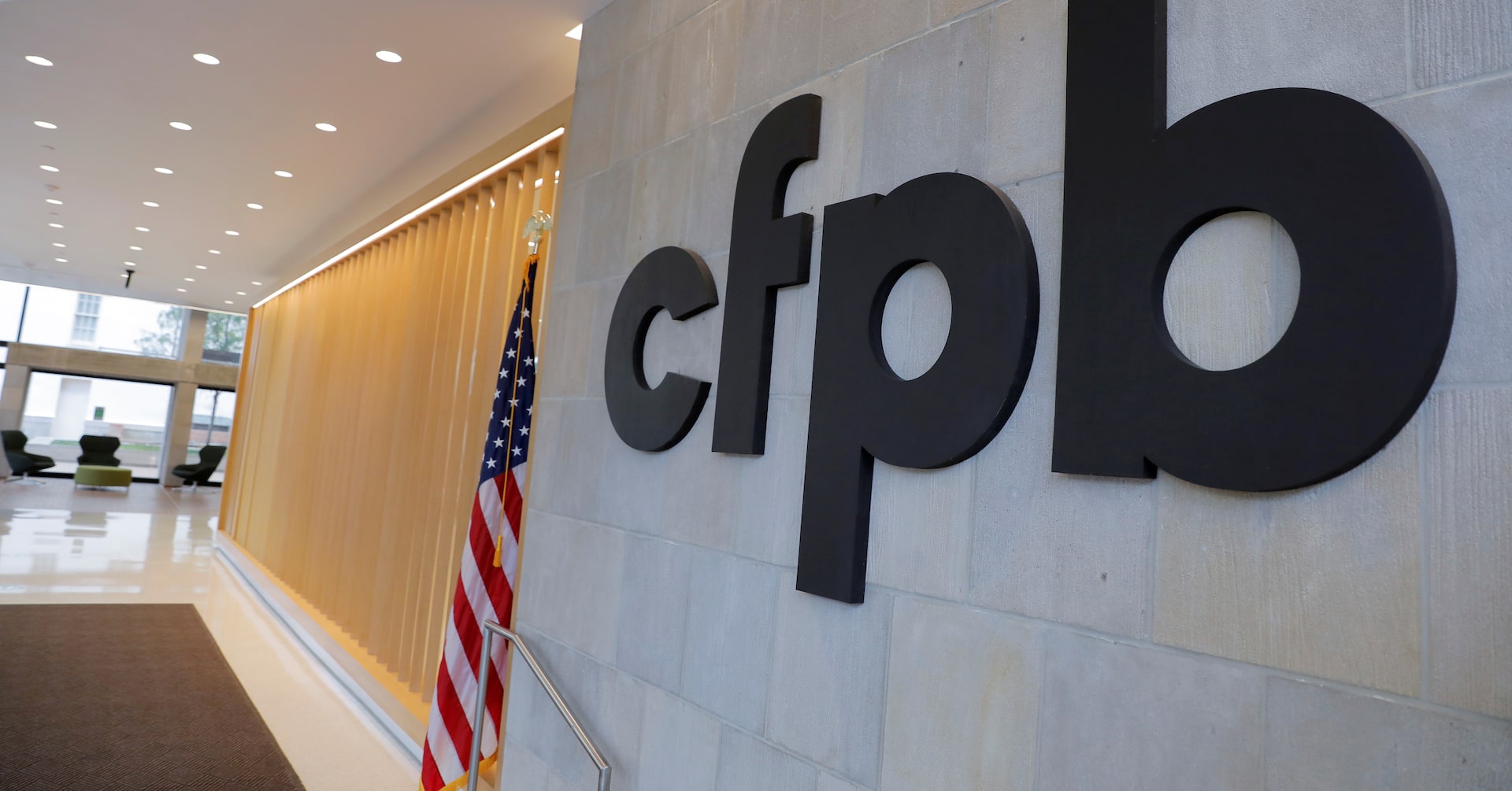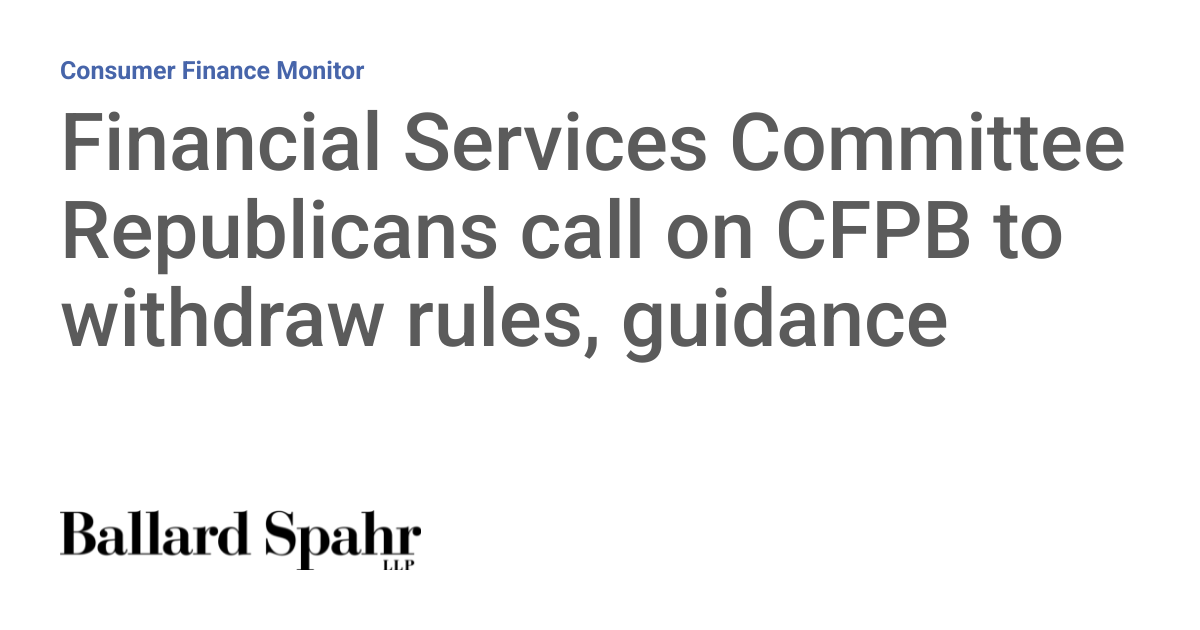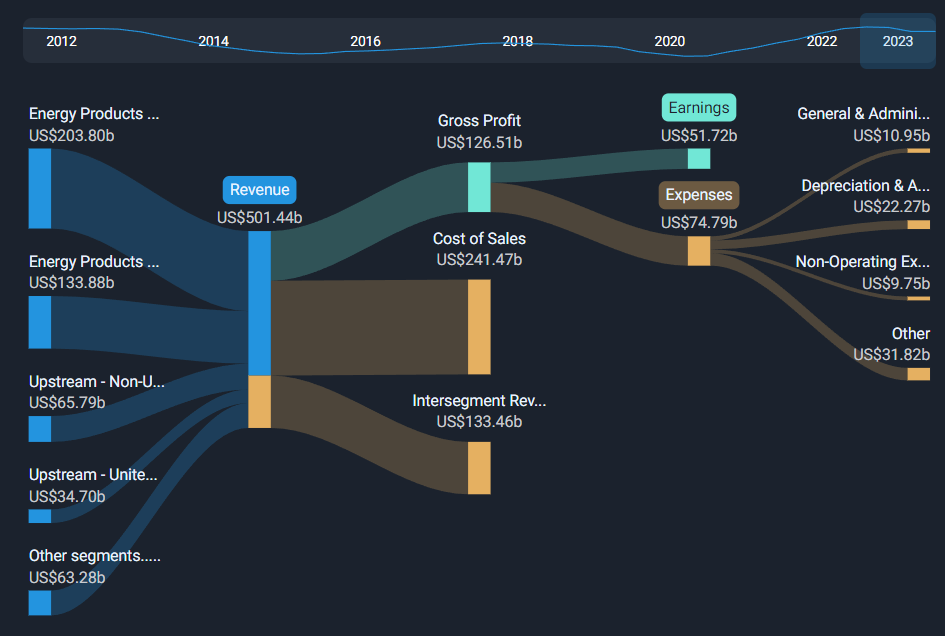Financial Watchdog on Edge: CFPB Staff Brace for Potential Job Cuts Amid Budget Squeeze

In a stark internal communication, the U.S. Consumer Financial Protection Bureau (CFPB) has signaled potential staff reductions due to recent congressional funding constraints. The agency warned its employees on Wednesday that budget limitations could force difficult workforce decisions in the near future.
The email, obtained by Reuters, highlights the challenging financial landscape facing the consumer protection agency. These new funding restrictions threaten to impact the bureau's operational capacity and its ability to maintain its current staffing levels.
The CFPB, known for its critical role in protecting consumers from financial misconduct, now faces the prospect of scaling back its workforce at a time when financial oversight remains crucial. The funding limitations imposed by Congress could potentially compromise the agency's effectiveness in safeguarding consumer interests.
As the agency grapples with these budgetary challenges, employees are bracing for potential restructuring and job cuts. The situation underscores the ongoing tensions between regulatory agencies and congressional budget makers, with potential implications for consumer financial protection.








